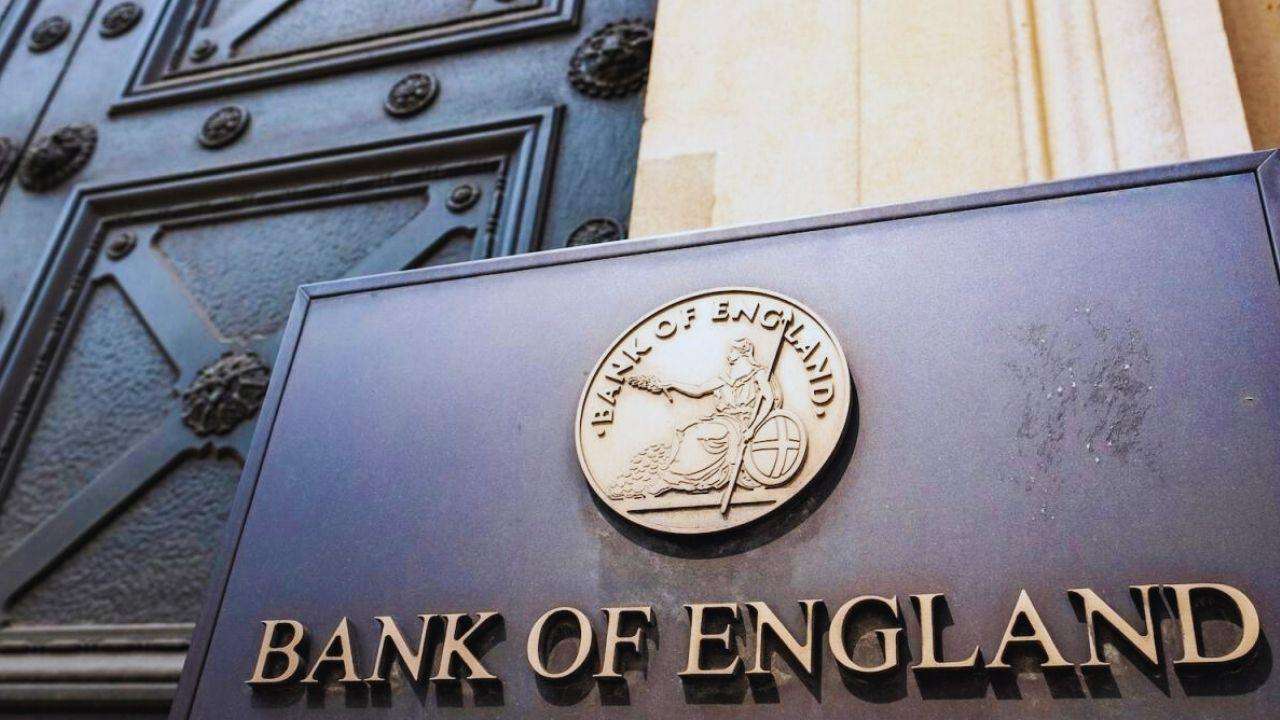The cost of borrowing is projected to drop to its lowest level in over 18 months.
On Thursday, senior economists at the Bank of England will announce whether the UK’s base interest rate, currently at 4.75%, will be lowered.
Most analysts anticipate a 0.25 percentage point reduction to 4.5%, continuing a trend of rate cuts that began last summer.
The base interest rate influences the cost of mortgages and loans, as well as the interest rates banks offer on savings accounts.
In recent years, rate hikes aimed at curbing soaring inflation have resulted in significantly higher mortgage rates compared to the previous decade.
The base rate peaked at 5.25% in late 2023 before policymakers gradually reduced it to 4.75% over several months. The last time it was set at 4.5% was in May 2023.
Typically, the Bank raises interest rates when inflation is high to slow spending and curb price increases.
Currently, inflation—which tracks the rate at which prices rise across the economy—has fallen to 2.5% annually, much lower than recent highs.
At the same time, the UK’s economic growth has stalled, leading experts to predict another rate cut aimed at encouraging spending and boosting economic activity.
However, some recent data suggests inflation could start rising again, albeit at a slower pace, creating a potential challenge for the Bank.
On Wednesday, a survey of service sector businesses—including retailers, hospitality, financial firms, and law offices—showed a slight increase in cost inflation in January.
While most economists believe this will not prevent a rate cut on Thursday, it may lead policymakers to take a more cautious approach in upcoming meetings in March and May.
Chris Arcari, an analyst at finance firm Hymans Robertson, noted that the Bank will need to strike a careful balance with future rate cuts.
He explained that while the current economic climate allows for a “modest reduction,” policymakers are likely to signal caution about further adjustments.
The recent rise in cost inflation has been partly linked to policies introduced in the October Budget.
Chancellor Rachel Reeves increased national insurance contributions for businesses in October, a measure intended to provide additional funding for public services such as the NHS.
However, some companies argue that this policy is driving up costs and adding to inflationary pressures.
Matthew Ryan, an analyst at finance firm Ebury, stated that with economic growth stagnating but inflation rising, the Bank will have to weigh which risk poses a greater threat in the months ahead.



_2.jpg)




.svg)

